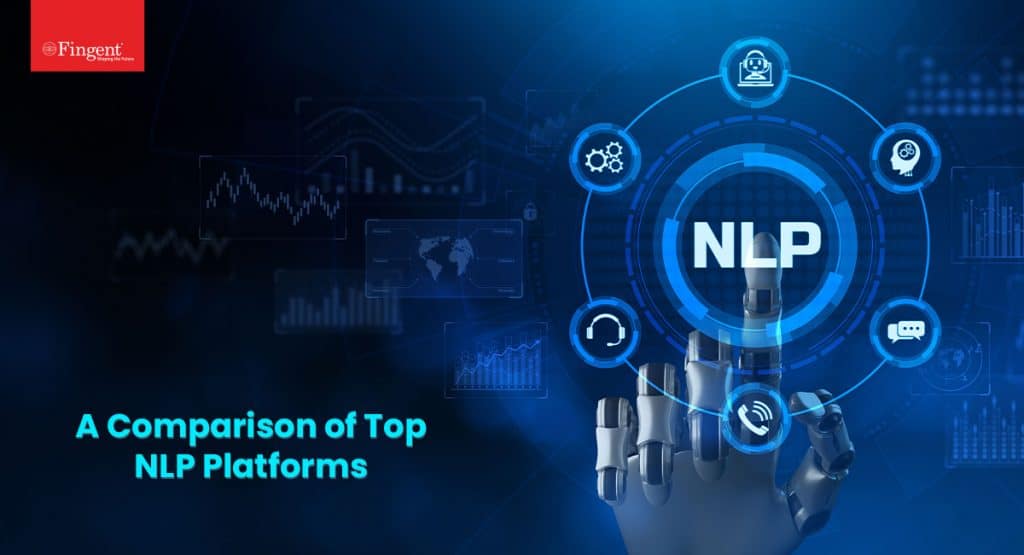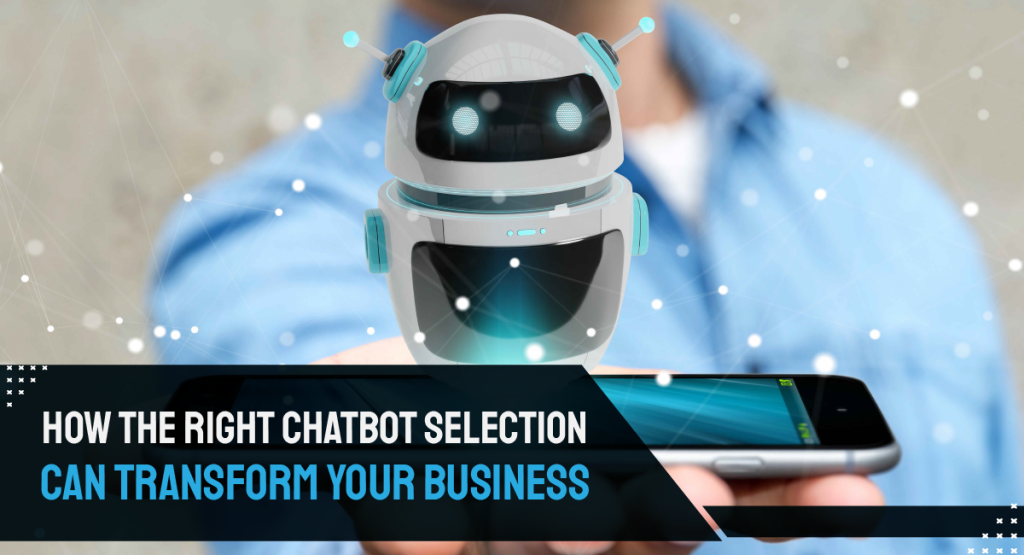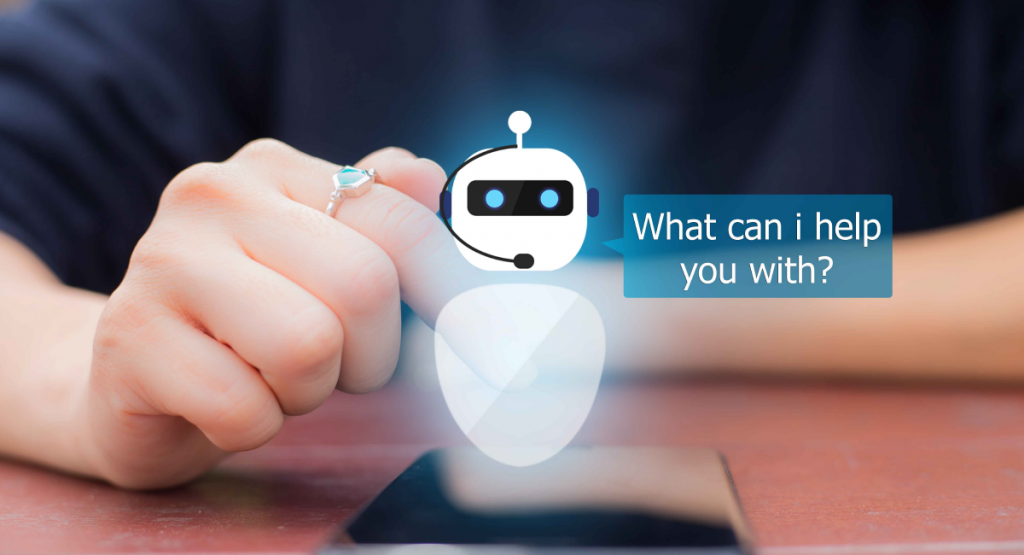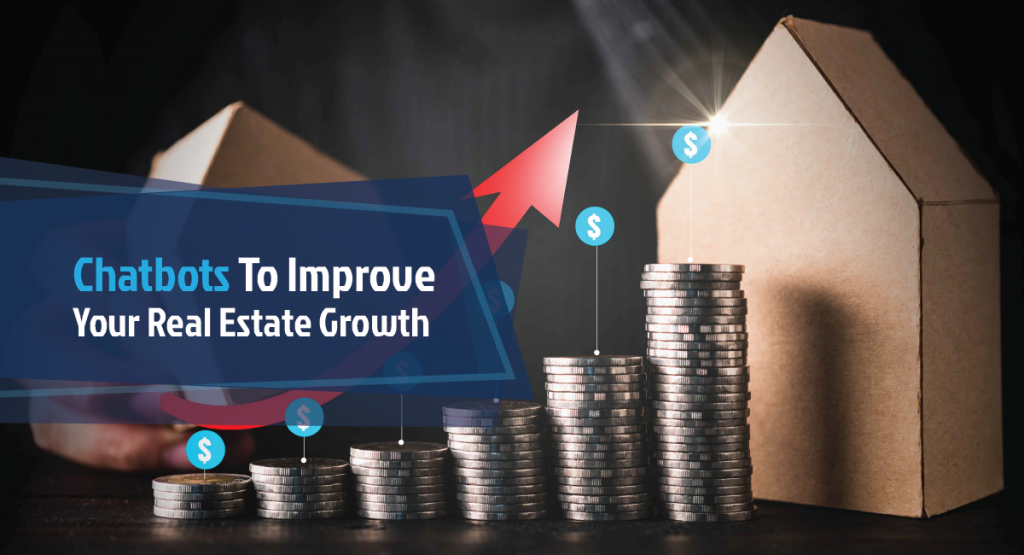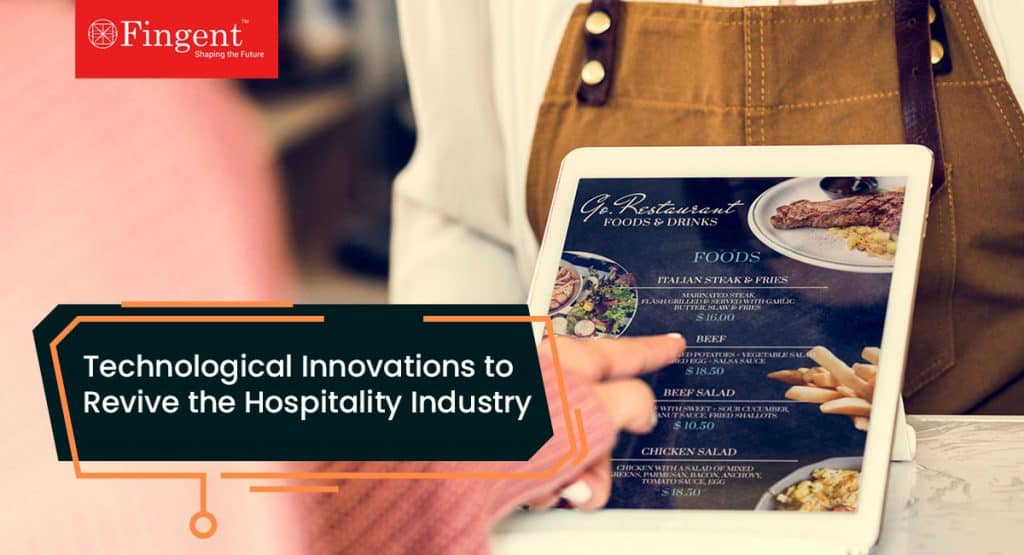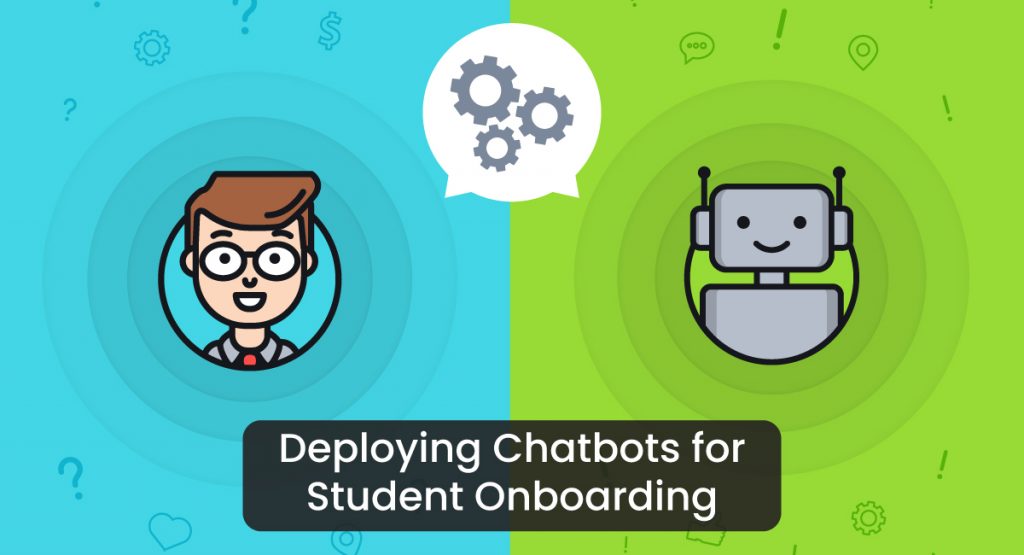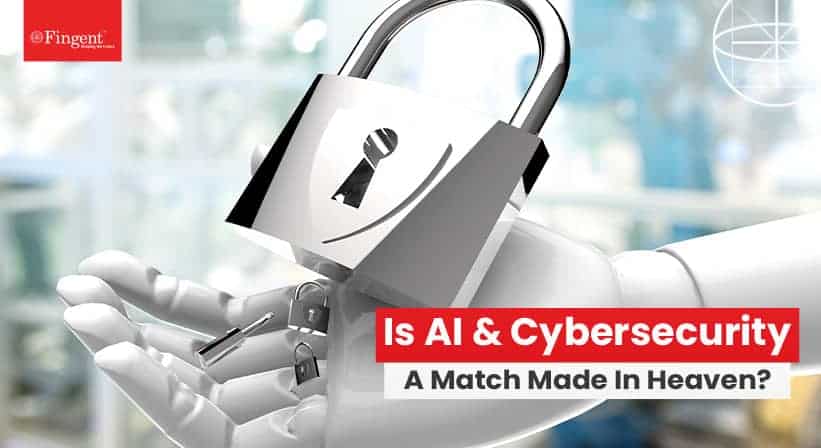5 Leading Chatbot Use Cases Explained with Real-life Examples
The Role of Chatbots in Boosting Brand Loyalty and Experience
As social messaging apps are gaining popularity, AI-powered chatbots are one of the best ways to reach out to a broader audience. Soon, several businesses across various verticals will implement AI chatbots that will help them carry out multiple tasks, including customer service and marketing activities.
According to Gartner, by 2021, over 50% of companies will spend more on developing chatbots (intelligent conversational assistants) against traditional mobile app development.
A chatbot is an AI-based program that communicates with humans through text messages or chats. It is a virtual assistant integrated into mobile applications, websites, or instant messengers and enables better engagement with your customers.
Read more: 5 Leading NLP Platforms that Support Chatbot Development
Two common types of chatbot
There are two types of chatbots a business can use: Transactional Chatbot and Conversational chatbot.
- Transactional Chatbot is pre-designed to provide a customer with a fixed set of choices. The customer can select an appropriate option, and the chatbot will then assist them through the whole process by providing more choices till their problem is solved. A transactional chatbot is an excellent choice for banks, online food delivery, restaurants, or businesses that are able to understand and pre-define the solutions/ products that their customers generally seek.
- Conversational Chatbot is designed to understand and respond to a conversation in a more human-like manner. It is equipped with artificial intelligence and has access to knowledge databases and other contextual information.
A conversational chatbot is more suited for businesses with advanced SaaS tools and B2B companies providing enterprise solutions and online social platforms.
Read more: How to Choose the Right Chatbot for Your Business
Five leading chatbot use cases in vogue today
1. Healthcare chatbots
Hospitals, clinics, and patient treatment centers leverage chatbots for booking appointments, sending medical information to refill prescriptions, answering common questions raised by patients or their attenders, checking physicians’ availability, and so on. According to Crunchbase, VCs have invested over 800 million dollars in at least 14 known start-ups like Safedrugbot, Sensely, Cancer Chatbot, and others to own a version of a chatbot with health features. The most significant advantage is that chatbots function silently 24/7 without disrupting anyone and answering questions at any time of the day.
Browsing through the website of a multispecialty hospital and sifting through the different specialties and doctors can be daunting. Chatbots reduce this strain and help patients book an appointment quickly based on their ailment or health condition. When a patient interacts with the chatbot, it will ask a series of questions to determine which doctor and department the patient should visit.
Example of a healthcare chatbot
Healthily is an AI-driven chatbot that allows you to input your symptoms and get an appropriate diagnosis. Its machine learning model allows the app to give near accurate or even accurate diagnoses.
Chatbots like Healthily prevent patients from waiting in long queues or relying on phone calls to consult doctors. With the ongoing pandemic, chatbots are making patients feel less anxious about seeking medical care. Chatbots help them get assistance in real-time.
2. HR chatbots
As the traditional office spaces give way to modern workspaces that are mobile, digital, or home, HR (PeopleOps) professionals face the increasing pressure to streamline communications and send instant responses to employees. Chatbots powered by AI free people from low value, tedious, repetitive, and transactional tasks to more high-value, strategic, engaging, and creative work. The inherent value extends to providing consistency and coherence to employee communication and reducing confusion for the end-user while delivering an instant response. HRs get more time to rethink the way they engage with employees and manage their entire cycle of work, including recruitment, onboarding, managing payroll and benefits, training and skills development, performance management, and so on.
Example of an HR chatbot
AskHR is an AI-powered HR chatbot that enables employees to get answers to the most frequently asked questions. AskHR bot natively supports 50+ languages and is hence a globally popular virtual assistant. It offers voice, email, and text support to employees and helps reduce costs, enhances employee engagement, and offers analytics to derive valuable insights.
Read more: Capitalizing on AI Chatbots Will Redefine Your Business: Here’s How
MUSA, Fingent’s AI virtual assistant
Multi Utility Assistant or MUSA is an AI-powered virtual assistant (a chatbot) integrated with Fingent Hub – Fingent’s internal employee management system. MUSA enables employees to get answers to common queries related to HR and IT DevOps processes at Fingent.
The virtual assistant helps our employees with questions related to their leaves, company policy, hardware or software issues, IT requests, and many more.
3. E-commerce chatbots
E-commerce chatbots guide customers in their purchase decisions.
Often, customers can get confused while browsing several products online. An E-commerce chatbot helps customers obtain detailed information about the product they are looking for or even helps them land on the right product page. Chatbots also help reduce cart abandonment as they can remind customers about the items left in their cart and prompt them to update their cart or purchase the items. Timely reminders and notifications will nudge the customers to revisit their carts and make a purchase decision, thereby helping businesses generate revenue quickly.
Example of an E-commerce chatbot
While launching its AirMax Day shoes, Nike increased its average CTR by 12.5 times and the conversions four times with the help of StyleBot- Nike’s chatbot.
Chatbots play an essential role in providing more reliable and quicker customer support and keeping the customers up-to-date about the delivery status of their purchases.
Read more: 5 Ways Chatbots Can Transform Your Real Estate Business
4. Chatbots in banking and finance
Chatbots are a great addition to any bank or finance institute that prioritizes customer service inclined towards digital interactions.
Chatbots can help users check their account balance, transfer money to other accounts, view the history of transactions, or even locate the closest ATM. In addition, banks are currently using chatbots for marketing activities such as sending customized information about a customer’s savings, investments, etc., and notifying customers about their new products and services.
Example of a BFSI chatbot
In 2018, Bank of America introduced Erica, their AI Chatbot. It helps customers conduct simple actions such as paying bills, receiving credit report updates, view e-statements, and seek financial advice. Recently, Erica’s capabilities have been updated to enable clients to make smarter financial decisions by providing them with personalized insights. Thanks to its budgeting capabilities, Erica users grew to 12.2 million in Q1 2020 compared to 10.3 million in Q4 2019.
5. Hospitality chatbots
The hospitality industry is hugely dependent on customer service, goodwill, reviews, and references. As travelers use multiple channels (website, social media, mobile travel apps, travel aggregator portals, etc.) to look for information, travel and hospitality service providers face stiff competition in disseminating updated content across all media. They need to be available round-the-clock in answering customers or helping with bookings. Chatbots help customers make bookings, gain more information about hotel services, travel packages, and inquire about offers and deals. From check-in to several concierge services such as booking restaurants to activity reservations, chatbots can seamlessly assist customers.
Example of a hospitality chatbot
Quicktext is a popular AI-powered chatbot for hotels that automatically handles 85% of guests in 24 languages and delivers instant response to customer requests across six different channels. In addition, it serves as a messaging hub where hospitality businesses can centrally manage Live Chat, WhatsApp, Facebook Messenger, WeChat, SMS, and Booking.com communications.
Read more: Hospitality Technology Trends: Revive The Lost Glory in 2021
How can chatbots help your business?
With the rise of emerging technologies such as artificial intelligence and wearable technology, chatbots provide industries with new avenues for businesses to engage with their customers.
1. Leverage messaging platforms
While social media engages audiences, messaging platforms enable businesses to have a one-on-one conversation with their customers. So, by integrating chatbots with your messaging platform, you could eliminate the need to build a new app and save time and money.
2. Customer service
Chatbots are a great way to augment customer service. The bots are available 24x7x365, which allows them to initiate the conversation proactively and prevent customers from waiting for long.
3. Customer engagement
Intelligent chatbots allow you to have more in-depth conversations at an individual level with your audiences, freeing them of any irrelevant information. So, a well-designed chatbot can extend the conversation and make the visitor come back for a discussion or a purchase. This can go a long way in establishing your brand loyalty.
4. Cost optimization
Getting a chatbot for your business is far cheaper and faster than developing a cross-function app or hiring additional employees. Chatbots do not need breaks, get tired, or make errors. Also, they can perform repetitive tasks without complaining.
Develop a custom chatbot for your business application
Chatbots are being widely used across different business functions and are augmenting customer experience. With advances in technology, bots will only get more competent and open new avenues to streamline customer communications.
We are software development experts who build bespoke and personalized chatbots leveraging AI and machine learning that enable your business to generate leads, increase revenue, and enhance user experience. If you are planning to develop a customized chatbot that can compete with the predefined bots in the market, contact us.
Stay up to date on what's new

Recommended Posts
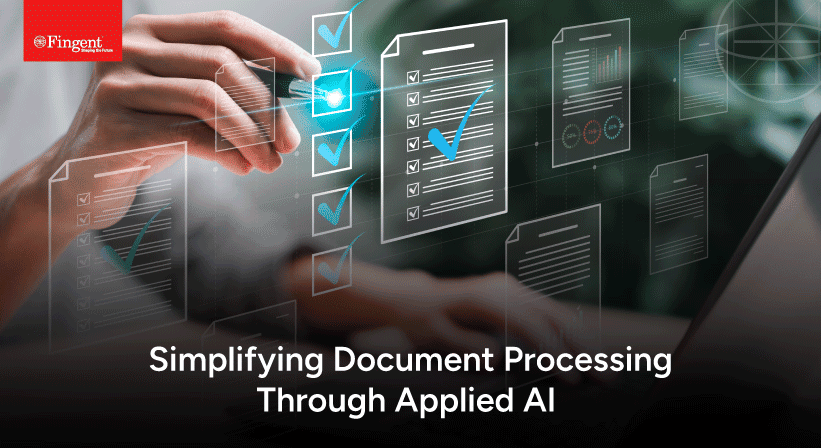
18 Apr 2024 B2B
Applied AI For Document Processing
"It's becoming increasingly clear that AI is the future, and almost everything else is a sideshow." - World-renowned computer scientist Geoff Hinton AI has taken over almost every aspect of……

10 Jan 2024 B2B
AI Trends Set to Transform Businesses in 2024
In the dynamic realm of modern business, the profound impact of artificial intelligence (AI) continues to unfold, reshaping industries and redefining conventional practices. As we step into 2024, the transformative……

26 Nov 2023 B2B
Finding Success in the Aviation Business with AI
“Aviation is the branch of engineering that is least forgiving of mistakes.” - Freeman Dyson, British-American theoretical physicist and mathematician. The truth in that statement is sobering indeed. The precision……

27 Oct 2023 B2B
Generative AI – Magnifying the Power of AI in Business
Are you sick and tired of performing the same monotonous task every day? Well, if your answer is yes, then Generative Artificial Intelligence can benefit you. Technology is evolving at……
Featured Blogs
Stay up to date on
what's new



